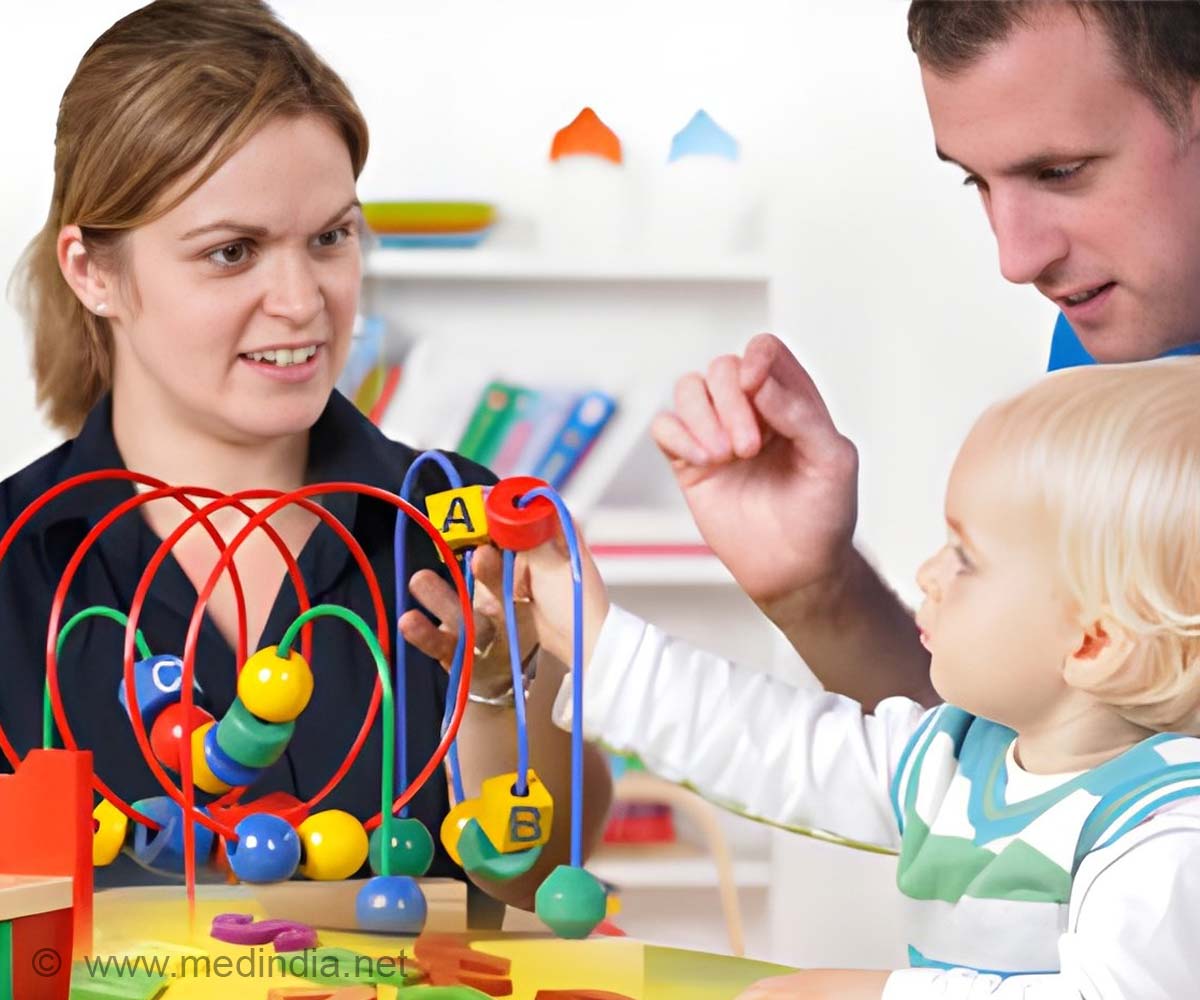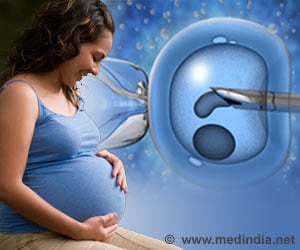Not having children is seen not only as atypical or surprising, but also as morally wrong. When people violate their expected roles they suffer social sanctions.

‘Not having children is seen not only as atypical, or surprising, but also as morally wrong. When people violate their expected roles, they suffer social sanctions.’





"What’s remarkable about our findings is the moral outrage participants reported feeling toward a stranger who decided to not have children," said Leslie Ashburn-Nardo, Associate Professor at Indiana University-Purdue University Indianapolis, US. "Our data suggests that not having children is seen not only as atypical, or surprising, but also as morally wrong," Ashburn-Nardo added.
The study, published in Sex Roles: A Journal of Research, offers the first known empirical evidence that parenthood is seen as a moral imperative.
In the study, participants read a short story about a married adult person and then rated their perceptions of the person’s degree of psychological fulfilment and their feelings toward the person. The short story varied only in terms of the portrayed person’s gender and whether they had chosen to have children.
The results showed that the participants rated voluntarily child-free men and women as significantly less fulfilled than men and women with children.
Advertisement
The findings are consistent with other studies of backlash against people who violate social roles and other stereotypic expectations. When people violate their expected roles, they suffer social sanctions.
Advertisement
Source-IANS









